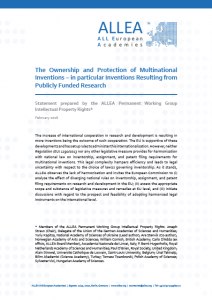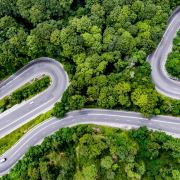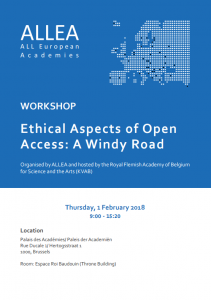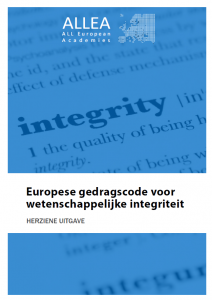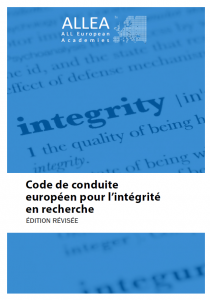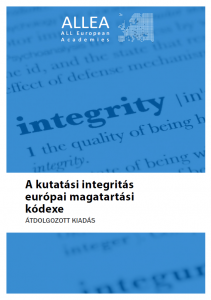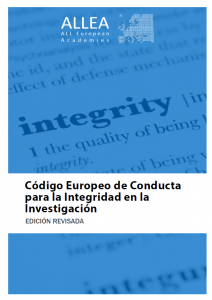“Is there a loss of trust?”, asks ALLEA Working Group in first workshop
On 19 February the ALLEA Working Group Truth, Trust & Expertise held its first thematic Workshop at the British Academy in London. Chaired by the resident Co-Chair of the Working Group Baroness Onora O’Neill of Bengarve, this workshop discussed the central question whether there is a loss of trust and/ or trustworthiness in science and academic research.
ALLEA President Günter Stock welcomed the participants and thanked the British Academy, the Co-Chairs and the members of the Working Group for their engagement, emphasising extraordinary attention the topic attracts in (the?) public debate. The workshop was divided into three thematic sessions, each starting with input statements by two speakers, followed by group discussion. Participants discussed what is meant by trust, what counts as expertise, and what kinds of expertise can be distinguished. In addition, the function of trust in society and institutions, as well as the evidence, if any, of a loss of trust(worthiness) in expertise were explored.
The experts also discussed the various contexts in which trust and trustworthiness exist and how trust can be nurtured and maintained. Major threads of the discussion, conclusions and remaining open questions will soon be published in a Discussion Paper. The findings will also feed into the debates of the scientific symposium “Science in times of Challenged Trust and Expertise”, which will take place on 16 May at the Bulgarian Academy of Sciences in Sofia during the ALLEA General Assembly.
Truth, Trust and Expertise
The ALLEA Working Group Truth, Trust and Expertise is a transnational platform for perspectives on the nature of and relationship between truth, trust and expertise in the field of science. The expert group aims to interrogate and explore current and past dynamics of public trust in expertise and the contested norms of what constitutes truth, facts and evidence in scientific research and beyond.
Learn more about the workshop on our Truth, Trust and Expertise video series.

